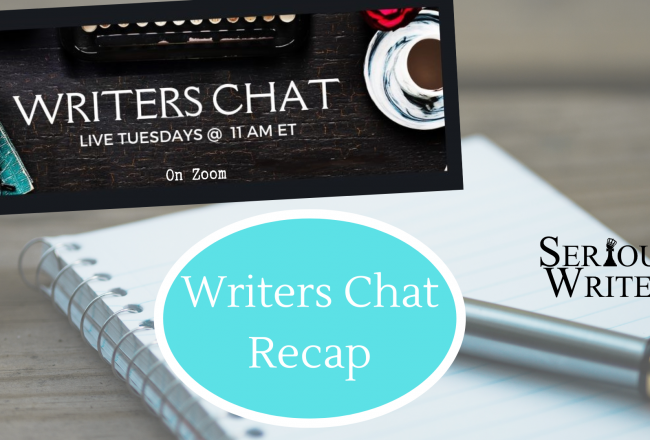
How To Drive a Magazine Editor Crazy by Lori Hatcher
Professional, friendly and witty are words I use to describe Lori. I met her at the Blue Ridge Mountain…
December 16, 2015
Professional, friendly and witty are words I use to describe Lori. I met her at the Blue Ridge Mountain…
December 16, 2015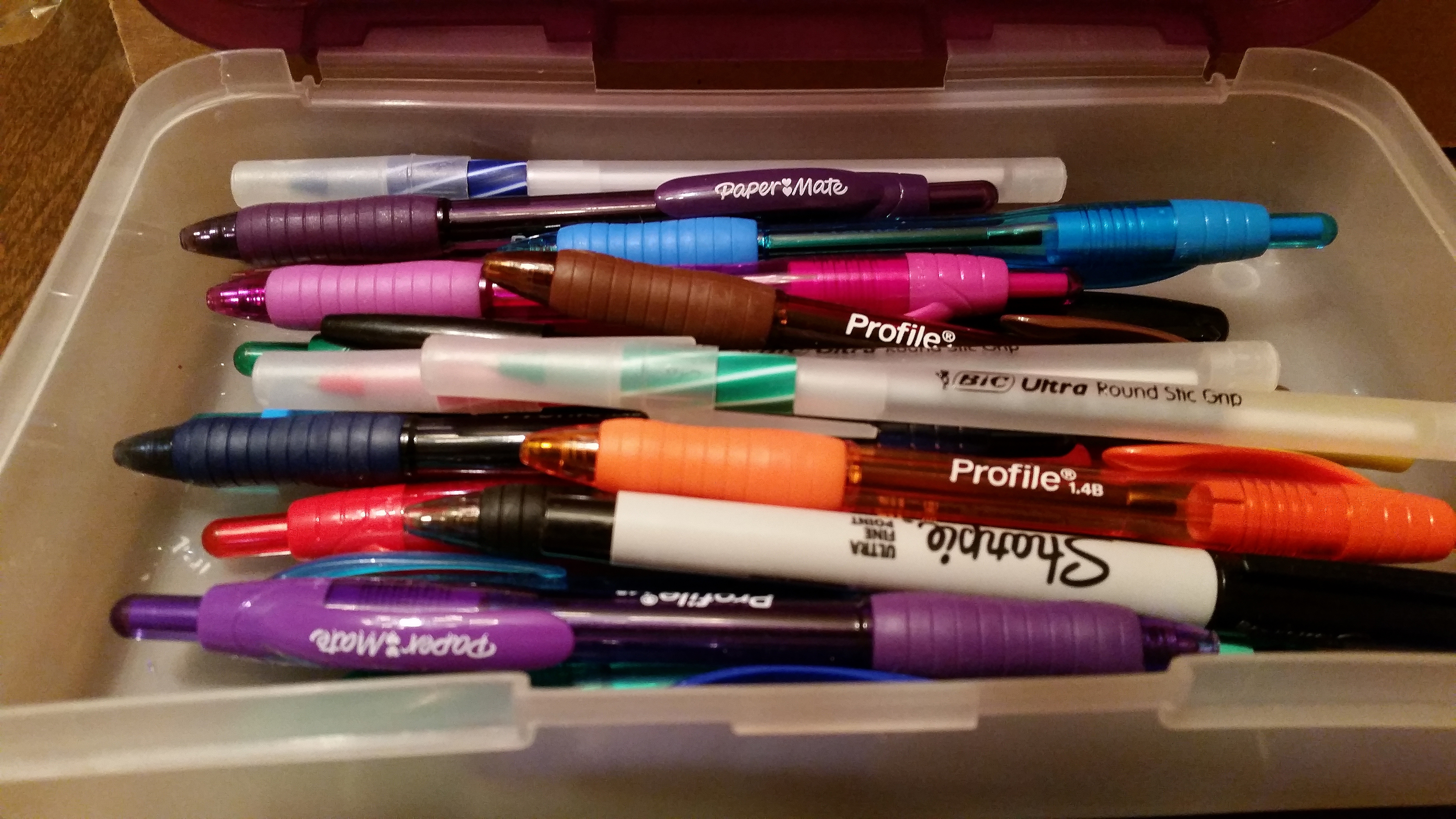
This time, we’ll look at Character Struggles, and how they help make unforgettable fiction. Here’s a great way to…
December 15, 2015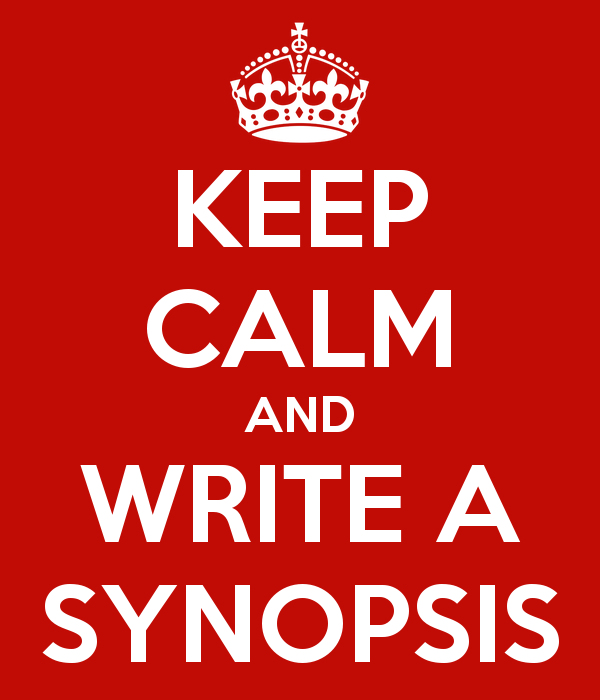
The first part of this series examined the Query Letter. In this column, we’ll look at the synopsis. Most…
December 14, 2015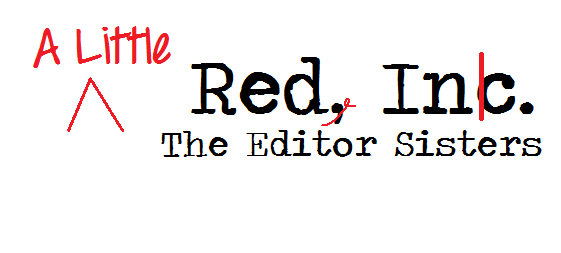
What is a copy edit? When you’re ready to choose a freelance editor, knowing the level of edit you’re…
December 13, 2015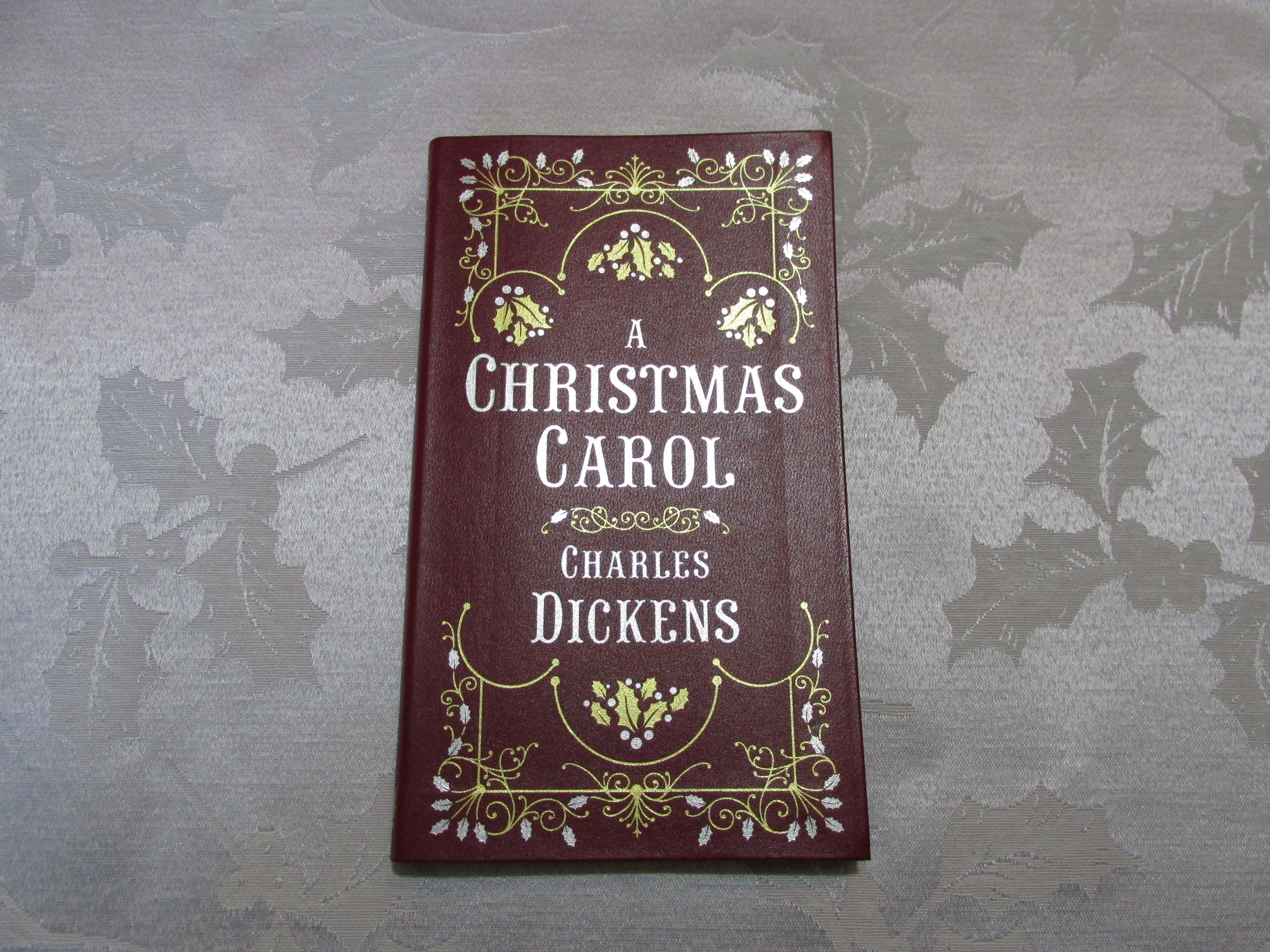
With Christmas just around the corner, I decided to read Charles Dickens’ famous novel, A Christmas Carol, and discovered…
December 12, 2015
[author title=”Elaine Marie Cooper” image=”https://www.almostanauthor.com/wp-content/uploads/2015/12/JPH04.14.0006WebRdy-6-of-14.jpg”]Elaine Marie Cooper is the award-winning author of “Bethany’s Calendar” and “Fields of the Fatherless.”…
December 11, 2015
I’m a firm believer in being efficient. Why waste time when a little planning can make such a positive…
December 10, 2015
‘Twas the evening before Christmas, and through the entire shack Not a soul moved, especially tiny rat. If Clement…
December 9, 2015
There are a few basic requirements I require in order for me to strongly consider a prospective client. They…
December 8, 2015Writing Prompt #4 Arriving at work early, I was sitting in my car thinking about this month’s writing prompt…
December 7, 2015
Each of us must please our neighbor for the good purpose of building up the neighbor. (Romans 15:2, NRSV)…
December 6, 2015
“Burning the candle at both ends” vividly captures the portrait of the day-to-day mêlée most of us call…
December 5, 2015
George squinted at the sun the moment he stepped through the gates of Jessup. Freedom. So strange to his…
December 4, 2015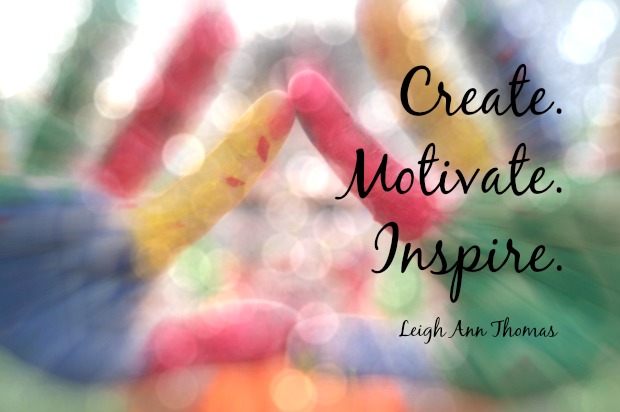
One of my favorite drama exercises is to take a familiar object and brainstorm what that object could be.…
December 3, 2015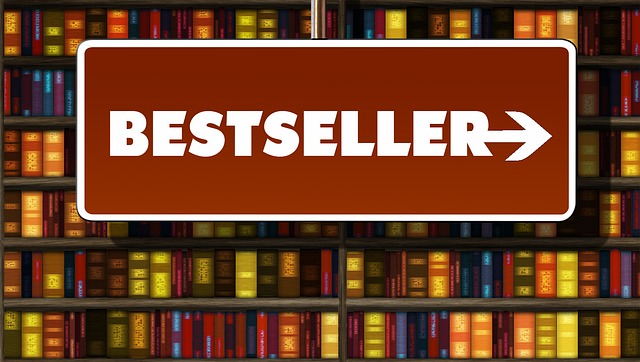
[author title=”Eva Marie Everson” image=”https://www.almostanauthor.com/wp-content/uploads/2015/12/Eva-Marie-Hi-Res.jpeg”]Eva Marie Everson is the best-selling, multiple award-winning author of works both fiction and nonfiction.…
December 2, 2015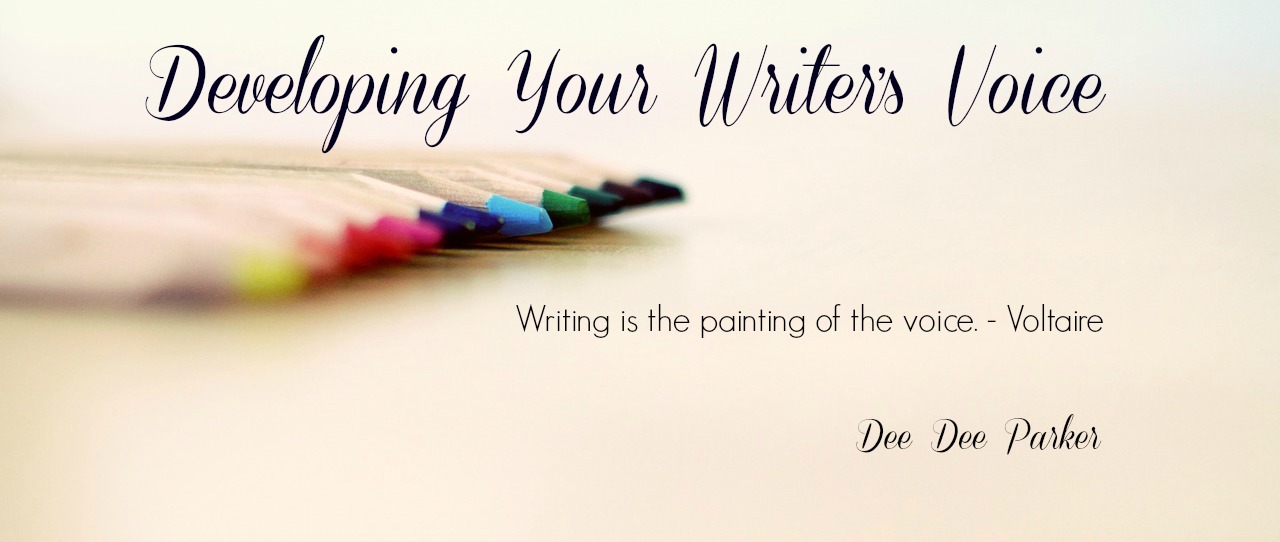
There are two schools of thought about Christmas newsletters we receive from friends and family. One group loves them,…
December 2, 2015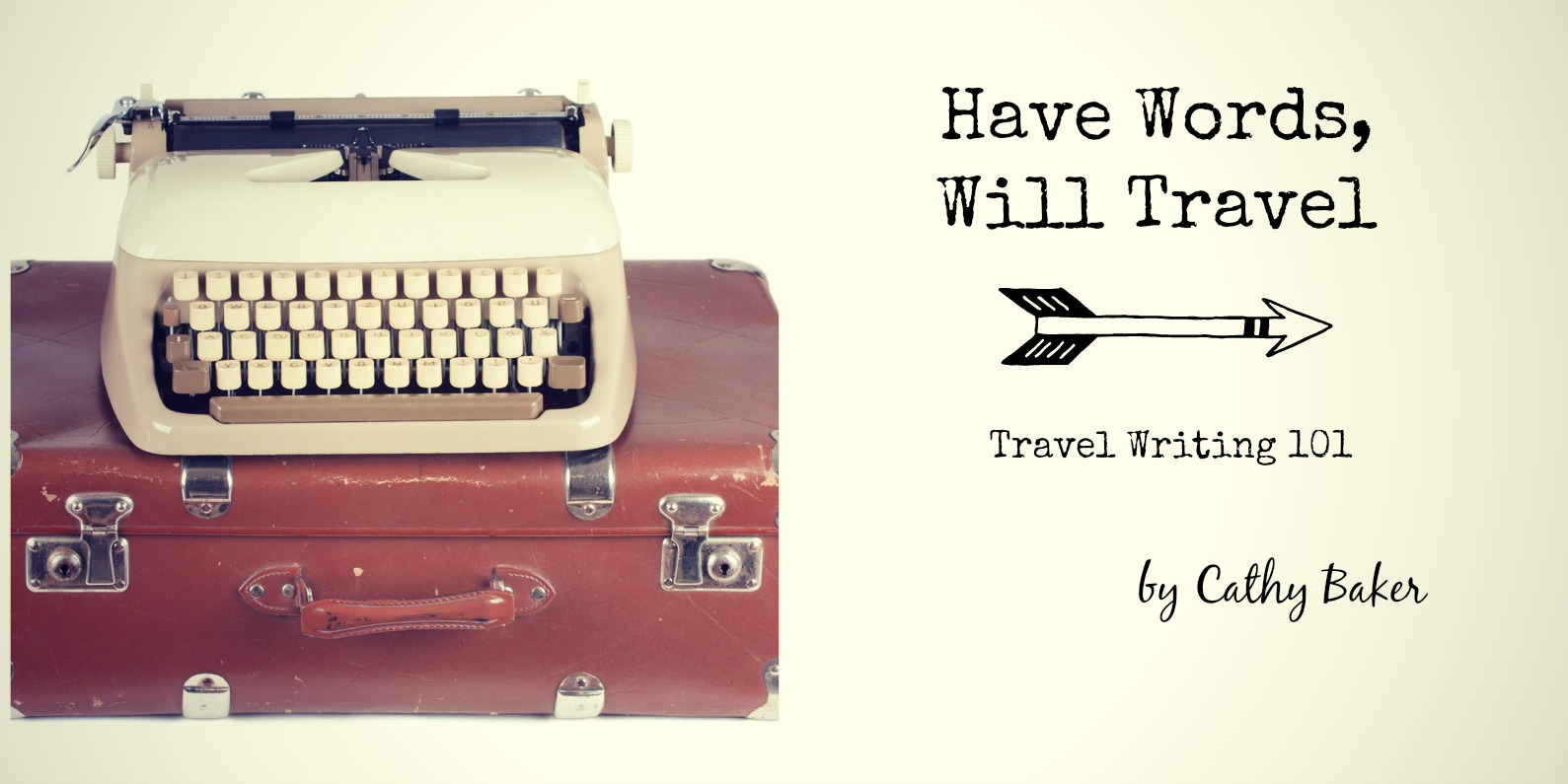
Tis the season to gift, and be gifted! Maybe you may have a favorite travel writer on your list,…
December 1, 2015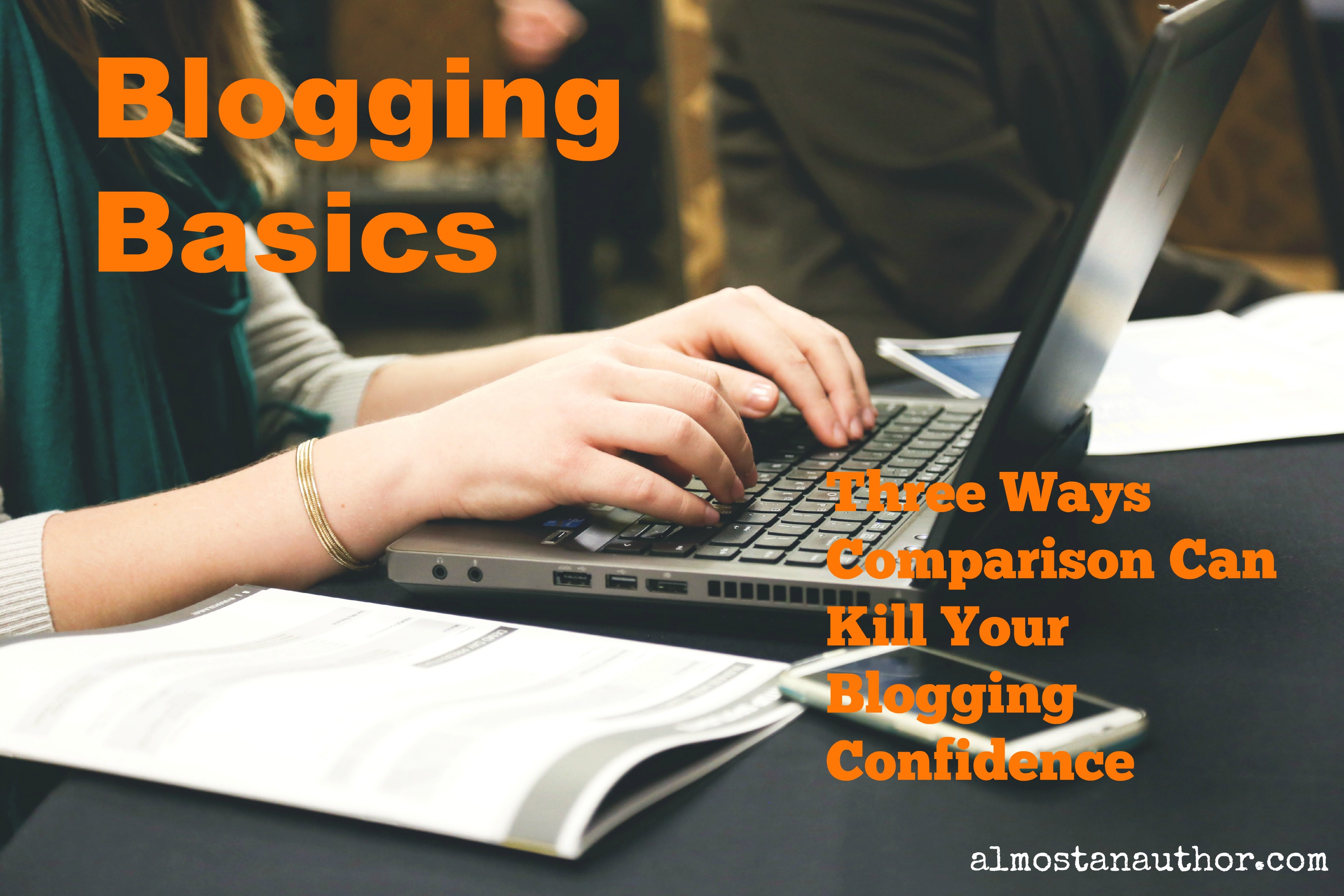
Blogging requires a balanced combination of vision, passion, craft, and energy. Comparison can quickly squelch your energy and derail…
November 30, 2015
Over or Under? Have you fought this battle in your house? In our home, my wonderful husband has deferred…
November 29, 2015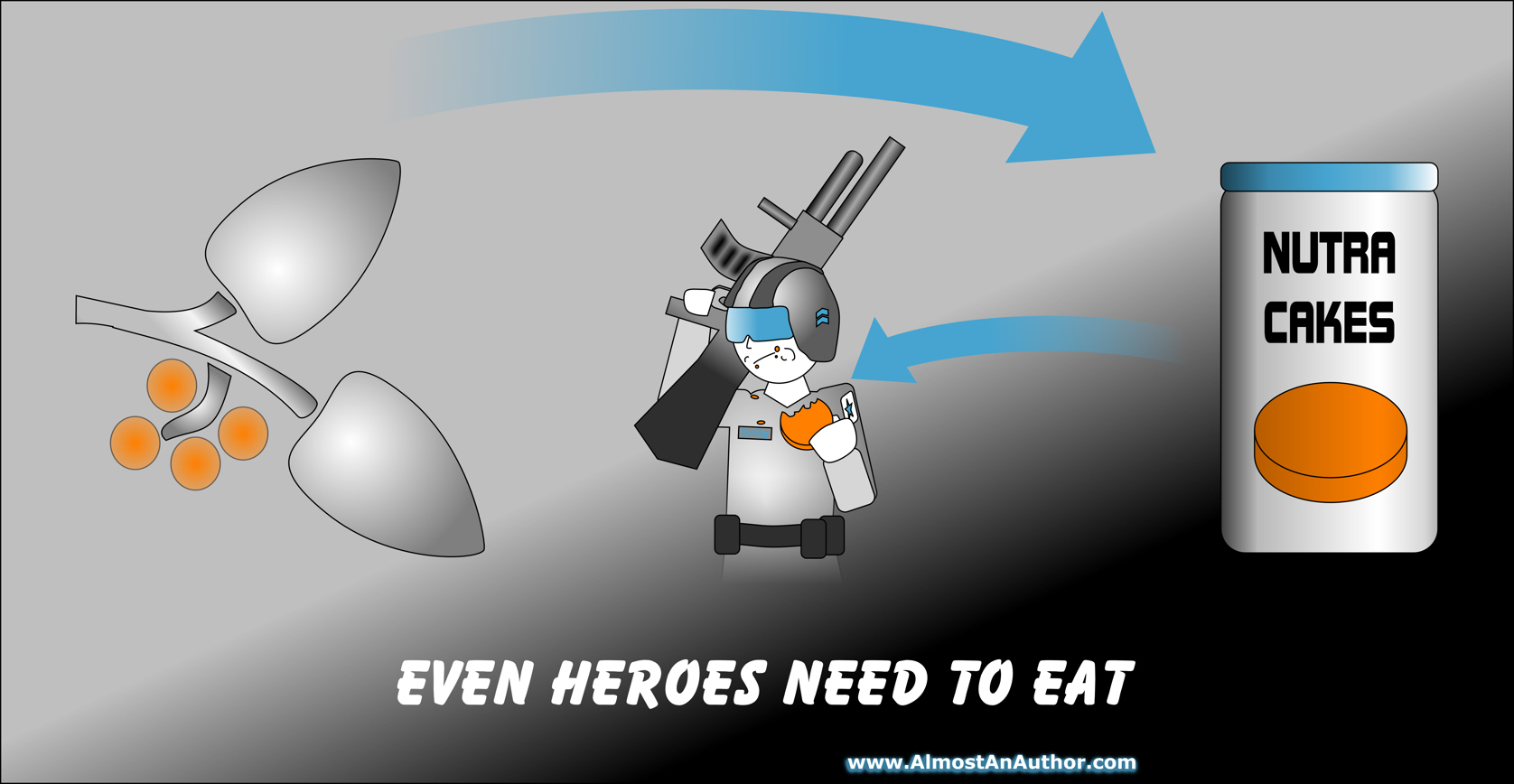
Regardless how fantastic the setting, the people in your book must treat their environment as commonplace. A character who…
November 28, 2015
Let’s categorize these three figures of speech as “substitutions.” We’re going to explore three devices that make a point…
November 27, 2015
[author title=”Carol Heilman” image=”https://www.almostanauthor.com/wp-content/uploads/2015/10/DSC0432.jpeg”]Carol Guthrie Heilman, a coal-miner’s daughter, married a farmer’s son, her high school sweetheart, over fifty…
November 26, 2015
She experienced some miraculous moments. Her name is Betty Killian. For years this precious woman raised children and helped…
November 25, 2015
If anyone tells you writing is not an emotional thing, don’t believe it. Writing can be quite the emotional…
November 25, 2015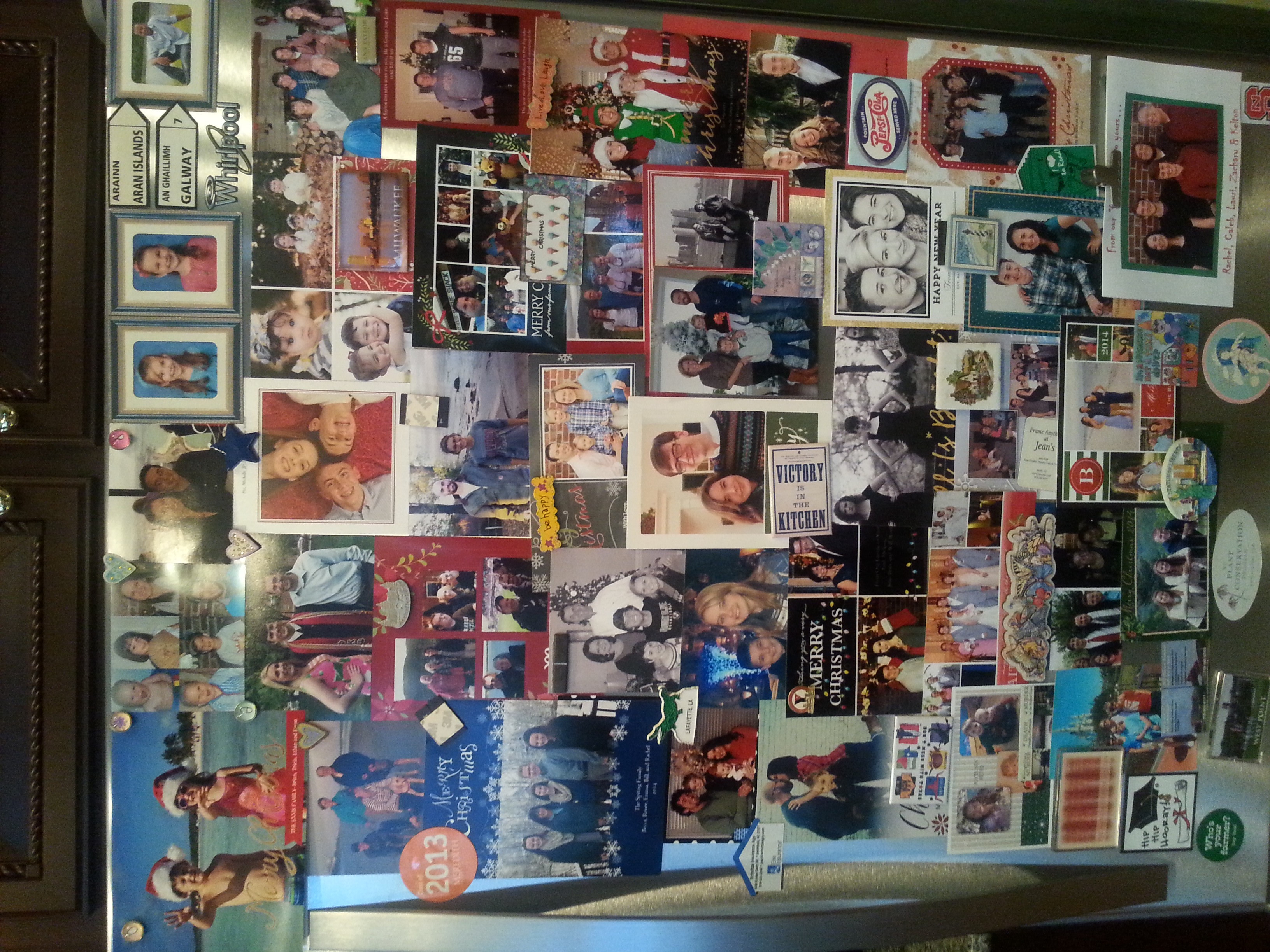
I love Christmas. I especially love sending and receiving Christmas cards. We send out a lot from our house,…
November 24, 2015


